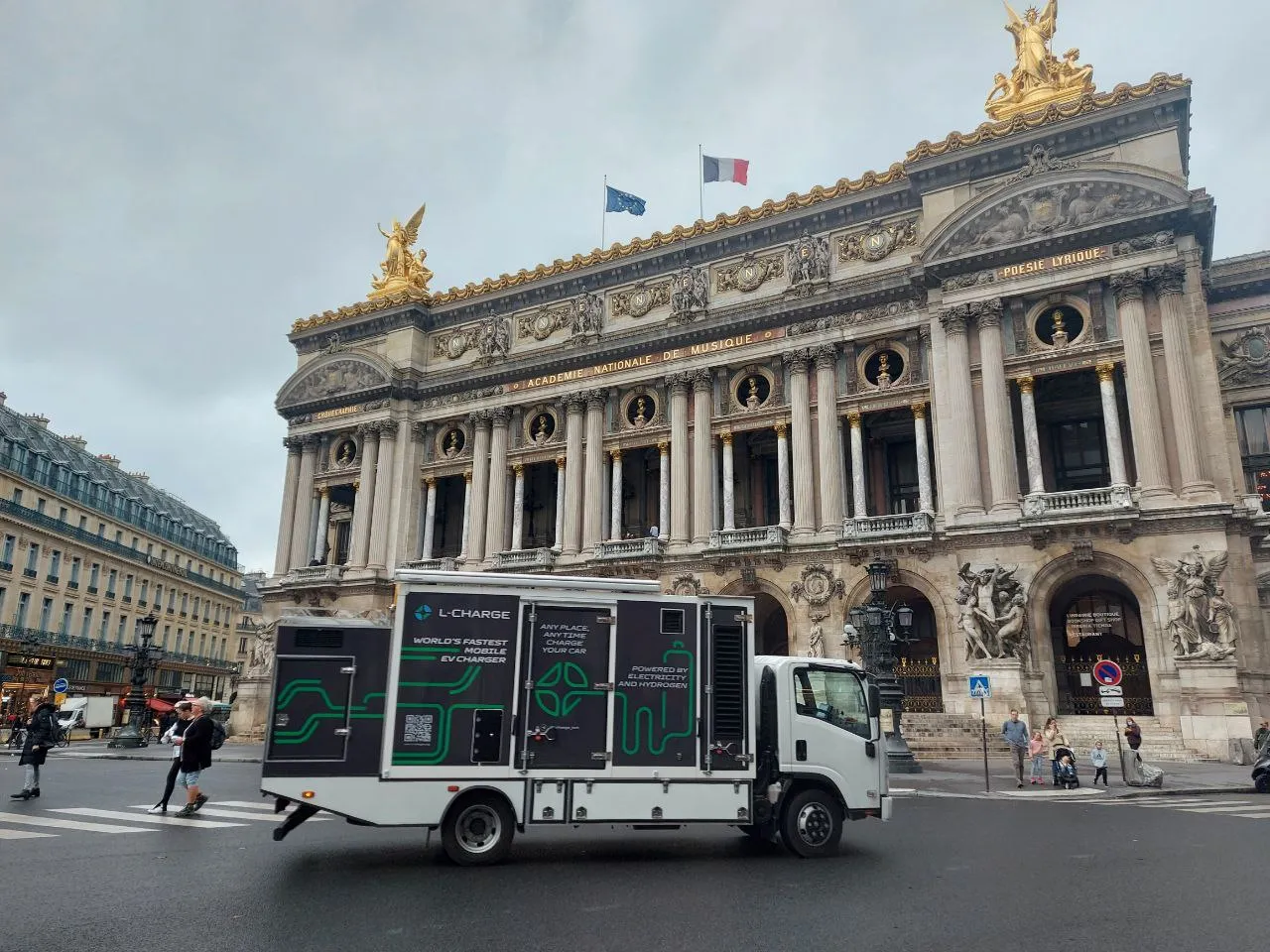The deployment is part of an agreement with infrastructure operator
PBSC chief executive Luc Sabbatini says the partnership aims to promote the use of ‘hybrid bike-sharing’ technology as a convenient option for daily commuting.
PBSC will work with
According to PBSC, the Boost bikes feature a high-capacity battery with an autonomous range of more than 60km. They also host a single-speed and rear propulsion motor which adjusts to the needs of each rider.
Users can unlock both models from the PBSC’s smart docking stations via the company’s mobile app, smart card or near field communication technology.
The smart stations recharge the Boost bikes and monitor bike health, battery charge, diagnostic information and riding data.
PBSC smart stations come with a single connection point per station and obtain power from the grid.
PBSC Urban Solutions deploys electric bikes in Barcelona
PBSC Urban Solutions will make 1,000 Boost electric pedal-assist bikes available in Barcelona in 2019. The company says the bikes are easy to ride across longer distances, up steeper hills and against stronger headwinds.
The deployment is part of an agreement with infrastructure operator Ferrovial and will also include 6,000 Iconic bikes.
PBSC chief executive Luc Sabbatini says the partnership aims to promote the use of ‘hybrid bike-sharing’ technology as a convenient option for daily commuting.
PBSC w
September 27, 2018
Read time: 2 mins
PBSC Urban Solutions will make 1,000 Boost electric pedal-assist bikes available in Barcelona in 2019. The company says the bikes are easy to ride across longer distances, up steeper hills and against stronger headwinds.








